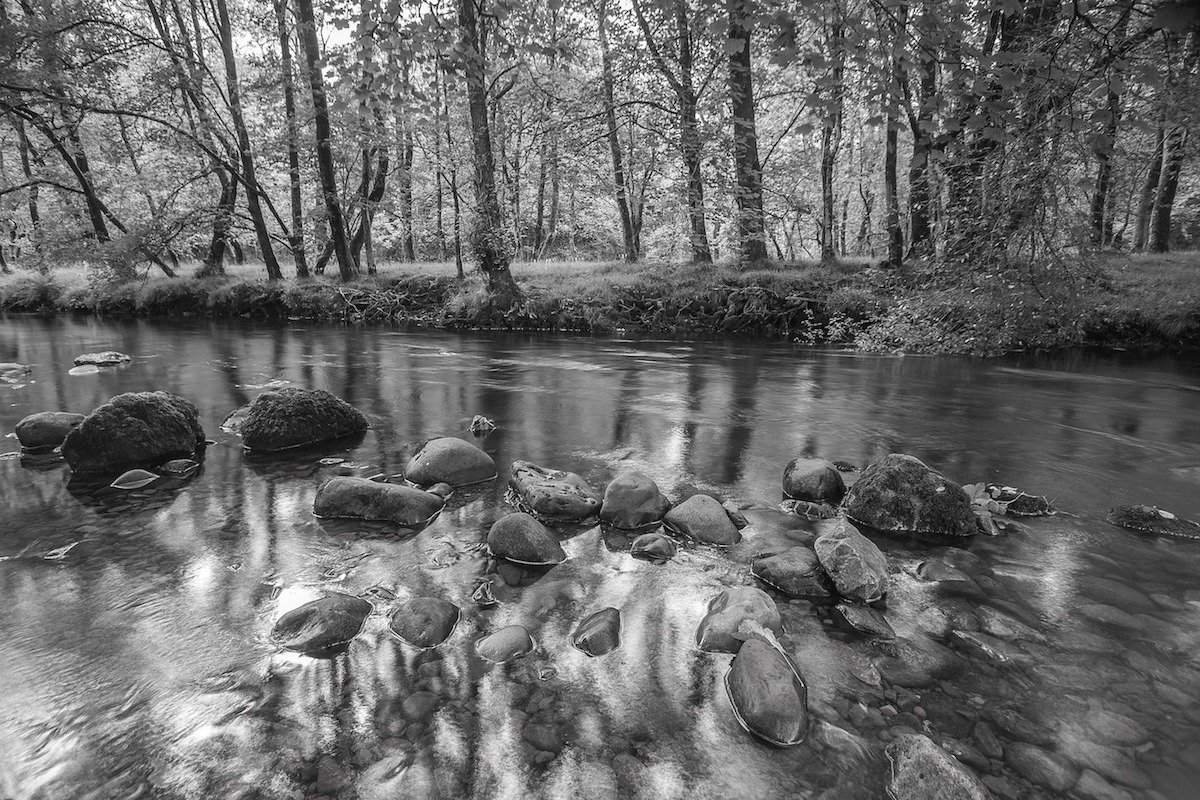Being kind to yourself thirty times
Moshe says, "Do this movement slowly, without force, because it is impossible to change the world in an instant. To create is not possible in an instant.” (AY190)
Moshe wrote once that we really don't want to change ourselves, we just want to be comfortable. We want to stay exactly the same, he says, provided we are not miserable. Yet, when it comes to our movement, we make ourselves miserable by forcing something we think should happen instead of opening to the possibility of creating new experience. Why?
The first component in changing our patterns is acknowledging the present. The present has a vice grip on our perceptions because we believe that's all there is, but we want to change it, but we believe that's all there is, but we want to change it... You see the dilemma. Daniel Gilbert writes in Stumbling on Happiness:
“To see is to experience the world as it is, to remember is to experience the world as it was, but to imagine-ah, to imagine is to experience the world as it isn't and has never been, but as it might be. The greatest achievement of the human brain is its ability to imagine objects and episodes that do not exist in the realm of the real, and it is this ability that allows us to think about the future.”
Two verbal tips
One way out of this is to say to yourself, "Of course I feel this way, look at how many years I've struggled with tension in my shoulder, pain in my neck, imbalance in my right leg, fear of feeling tall, contraction around my family, a drive toward perfectionism, or a hatred of jalapenos," or whatever it is for you. Saying, "of course" takes the steam out of the frustration that you're not different already.
Say it to yourself and listen to how it affects you. Can you feel something softening? Even if it's a big thing in your life, like early childhood trauma, an abusive relationship, or a severe loss, saying "of course" doesn't mean you're giving up, it allows you to acknowledge something is real and affecting. Only then, with a little breathing room, can you move forward.
The other phrase I like is, "how interesting." How interesting, my back can't organize to lift my right leg. How interesting, my left hip always hurts in this position. How interesting, I can't move my eyes opposite my head without getting dizzy. Use this to neutralize judgment. Every observation is a data point, nothing more. Don't fuel the stories you tell yourself.
Imagining the future: trust the arc
Imagine if I treated my clients as if they were wrong, incorrect, stupid, and total failures lacking in ability. That's how we treat ourselves all the time when we struggle, doubt, question, and resist the truth of our experience. My mission is to hold the space for a different, more vital future for my clients because I've seen enough remarkable change to know it's possible.
Moving into a new space takes tremendous courage. This is Feldenkrais. This is discovering a pattern that you don't know and being brave in the face of uncertainty because you thought you were in control of your movement—and your life—and you find out that you are not.
Even in the face of unknowns, we can imagine a different future. And, as we keep exploring, we broaden our ability to imagine. Just like with the scared rescue dog I am training, I keep saying, "braaaave puppy, braaaaave puppy," in my best Feldenkrais teaching voice while making every interaction positive, fun, happy, enjoyable, and successful.
Without these qualities, no doubt he would split, just like you pull back and shrink your options when you are mean to yourself. The dog can't imagine the future, but he is learning that I will be kind to him when he returns to me, over and over again.
The trainer suggested I stand on the porch and wait for him look at me and treat him thirty times before we even leave the porch. It sounds outrageous! Yet, his nervous system needs that much reinforcement. What about your nervous system? Think of how many times a day you override your pain, ignore your environment, or push through stress.
Kindness is what connects us to other humans, and to ourselves. Can you be kind to yourself thirty times today? If you did, would you want to return to yourself and stop running away?
“Anything that is learned is learned slowly, without pushing. Anything you know well is like this. Everything you learned under duress, forcing, through pain, or with effort to succeed are things you forget. You never do them with pleasure and they are worth nothing.”



